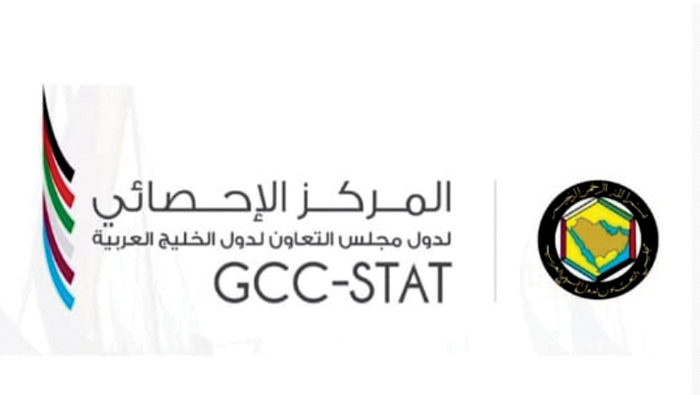The financial risks of the GCC countries are expected to be low in the short term, according to data from the Statistical Centre for the Cooperation Council for the Arab Countries of the Gulf (GCC-Stat). This is due to stable or declining interest rates locally and globally. Credit rating agencies have also forecasted an improvement in the sovereign bond ratings of the GCC countries in 2023, which will increase their credit attractiveness. This will allow for the rescheduling of public debts at lower financial costs.
The public debt of the GCC countries is projected to stabilize at 28% of the GDP of the GCC countries in 2024 and 2025, as per estimates from GCC-Stat. Financial budget reform plans aim to improve the efficiency of public spending and stimulate growth in non-oil sectors, which will help achieve a balance between economic growth rate and sustainability of public spending. The data also shows that the public debt of the GCC countries has doubled over the past decade, reaching approximately $628 billion in 2023, up from $144 billion in 2014. The debt as a percentage of the GDP of the GCC countries peaked at 40.3% in 2020 before declining to about 29.8% in 2023.
The total public finances in the GCC countries exhibited a significant deficit from 2014 to 2021, with the highest deficit recorded in 2015 at around $158 billion, accounting for 11.1% of the total GDP of the GCC countries. In 2020, there was a deficit of $128 billion, representing 8.8% of the GDP. However, the public finances of the GCC countries bounced back in 2022 with a surplus of $134 billion, equivalent to 6.1% of the GDP, followed by another surplus of $2 billion in 2023.
Furthermore, the total public revenues in the GCC countries saw significant growth from 2021 to 2023, reaching approximately $641 billion in 2023. Oil revenues made up 62% of the total public revenues, down from 67% in 2022 when the total was $723 billion. Additionally, total public spending hit record levels in 2023, amounting to approximately $639 billion, with current spending making up 85% of total public spending and investment spending accounting for 15% in the GCC countries.
In conclusion, the financial outlook for the GCC countries in the short term appears positive, with low financial risks, stable or declining interest rates, and improving sovereign bond ratings. The public debt is expected to stabilise at 28% of the GDP of the GCC countries in 2024 and 2025, while financial budget reform plans aim to balance economic growth and sustainability of public spending. Despite a significant deficit from 2014 to 2021, the public finances of the GCC countries have shown improvement, with surpluses recorded in 2022 and 2023. Oil revenues continue to be a significant contributor to public revenues, with total public spending reaching record levels in 2023.











